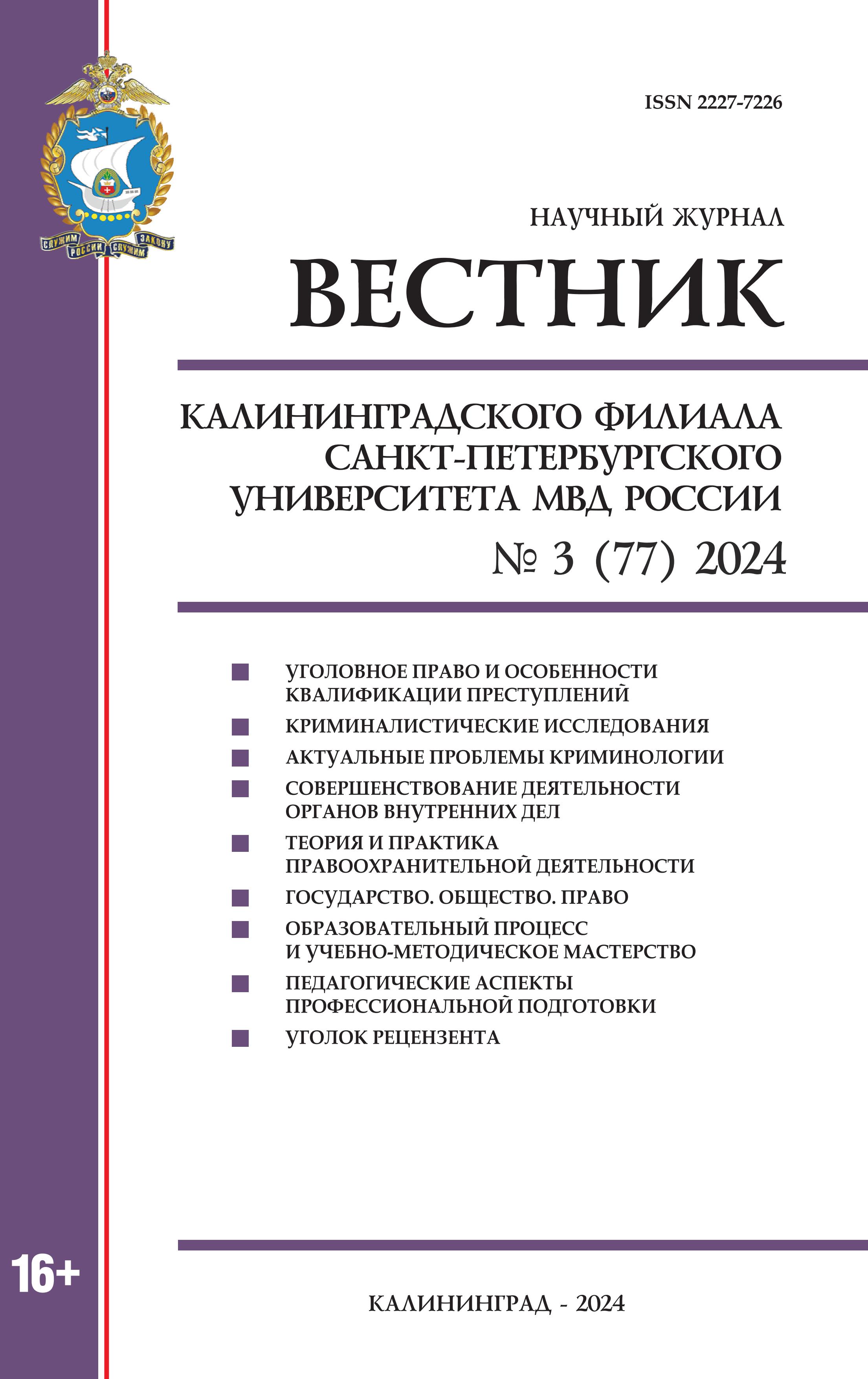Introduction. Ecological tourism meets the key goals of sustainable tourism development, including biodiversity conservation, poverty alleviation and environmental conservation. Local residents are aware of the need to preserve the environment because they try to realize long-term benefits for themselves in their daily lives through ecotourism. Ecotourism is an effective strategy for many countries because it helps to solve several problems at the same time: preserve natural areas, generate income for the country's development and employ local residents. Methods. The methodological basis of the study conducted by the authors of the article is a system of philosophical, general scientific and specific scientific (analysis, synthesis, specific historical method, logical method, etc.) methods of cognition. Results. The study analyzed the current state of affairs in the field of ecotourism, identified the problems of development of this sector of the tourism market in Russia and a number of foreign countries. The authors of the article described the positive and negative consequences of the implementation of ecotourism. They considered some of the problems of ecotourism, proposed options for their resolution (using the example of certain specially protected natural areas). The article reflects the positive experience of organizing the impact of environmental, economic and social factors of ecotourism on the territory of a number of reserves in Russia. This impact is presented as a way to ensure sustainable use and conservation of natural objects in the context of the concept of sustainable development. The authors believe that the described positive experience can become the basis for the development of ecotourism in other countries. The article also examines the government's efforts to promote ecotourism as a means of solving modern environmental problems and the results of the introduction of new popular ecotourism trends in Russia.
Ecological tourism, specially protected areas, flora and fauna, biodiversity, tourism infrastructure, environmental education, environmental training.







